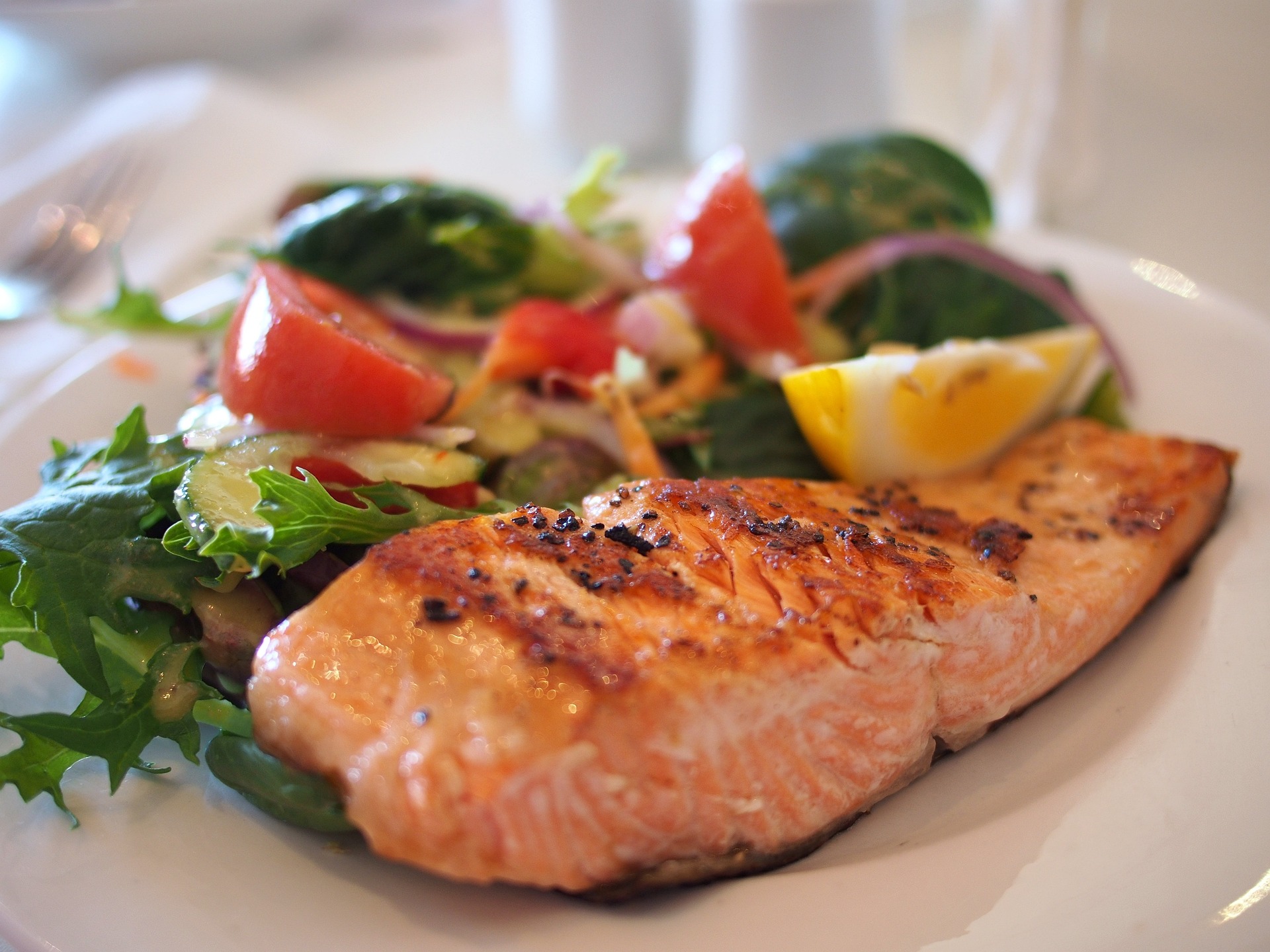Vitamin C Benefits and Sources
Vitamin C, also known as ascorbic acid, is a vital nutrient renowned for its numerous health benefits, from supporting the immune system to promoting skin health and aiding in wound healing. This article delves into the benefits of vitamin C, highlighting its importance and exploring the fruits that are rich sources of this essential nutrient.

Understanding Vitamin C
Vitamin C is a water-soluble vitamin that plays a crucial role in various bodily functions:
- Immune Support: Vitamin C is well-known for its role in supporting the immune system, helping the body defend against infections and illnesses.
- Antioxidant Properties: It acts as a powerful antioxidant, protecting cells from oxidative stress caused by free radicals.
- Collagen Synthesis: Vitamin C is essential for collagen production, which is vital for maintaining skin elasticity, joint health, and wound healing.
- Iron Absorption: It enhances the absorption of non-heme iron (from plant-based sources) in the gut, aiding in the prevention of iron deficiency anemia.
Benefits of Vitamin C
- Immune System Support: Helps reduce the severity and duration of common cold symptoms.
- Skin Health: Promotes collagen production, reducing wrinkles and improving overall skin texture.
- Antioxidant Protection: Protects cells from damage caused by free radicals, which can contribute to chronic diseases.
- Heart Health: May lower blood pressure and reduce the risk of heart disease.
- Wound Healing: Assists in the formation of connective tissue and speeds up wound healing processes.
Fruits High in Vitamin C
Here are some fruits that are excellent sources of vitamin C, along with their approximate vitamin C content per 100 grams:
- Oranges: Rich in vitamin C, providing about 53 mg per 100 grams. Oranges are also high in fiber and antioxidants like flavonoids.
- Kiwi: Contains approximately 92 mg of vitamin C per 100 grams. Kiwi is also a good source of fiber, potassium, and vitamins K and E.
- Strawberries: Provide around 59 mg of vitamin C per 100 grams. Strawberries are low in calories and high in antioxidants.
- Guava: One of the richest sources of vitamin C, with about 228 mg per 100 grams. Guava also contains dietary fiber and various vitamins and minerals.
- Papaya: Contains approximately 61 mg of vitamin C per 100 grams. Papaya is also rich in digestive enzymes like papain and fiber.
- Pineapple: Provides about 47 mg of vitamin C per 100 grams. Pineapple is known for its bromelain enzyme, which aids in digestion.
- Mango: Contains around 36 mg of vitamin C per 100 grams. Mangoes are also rich in vitamins A and E, as well as dietary fiber.
Useful Tips and Facts
- Cooking and Storage: Vitamin C is sensitive to heat and light. To preserve its content, consume fruits raw or lightly cooked.
- Daily Intake: The recommended daily intake of vitamin C for adults is around 75-90 mg per day for women and men, respectively.
- Supplementation: If unable to get enough vitamin C from diet alone, consider a vitamin C supplement after consulting with a healthcare provider.
Conclusion
Incorporating vitamin C-rich fruits into your diet can contribute significantly to your overall health and well-being. From boosting your immune system to promoting skin health and aiding in collagen production, vitamin C plays a vital role in maintaining optimal health. Enjoy a variety of these delicious fruits to ensure you get an ample supply of this essential nutrient daily.




